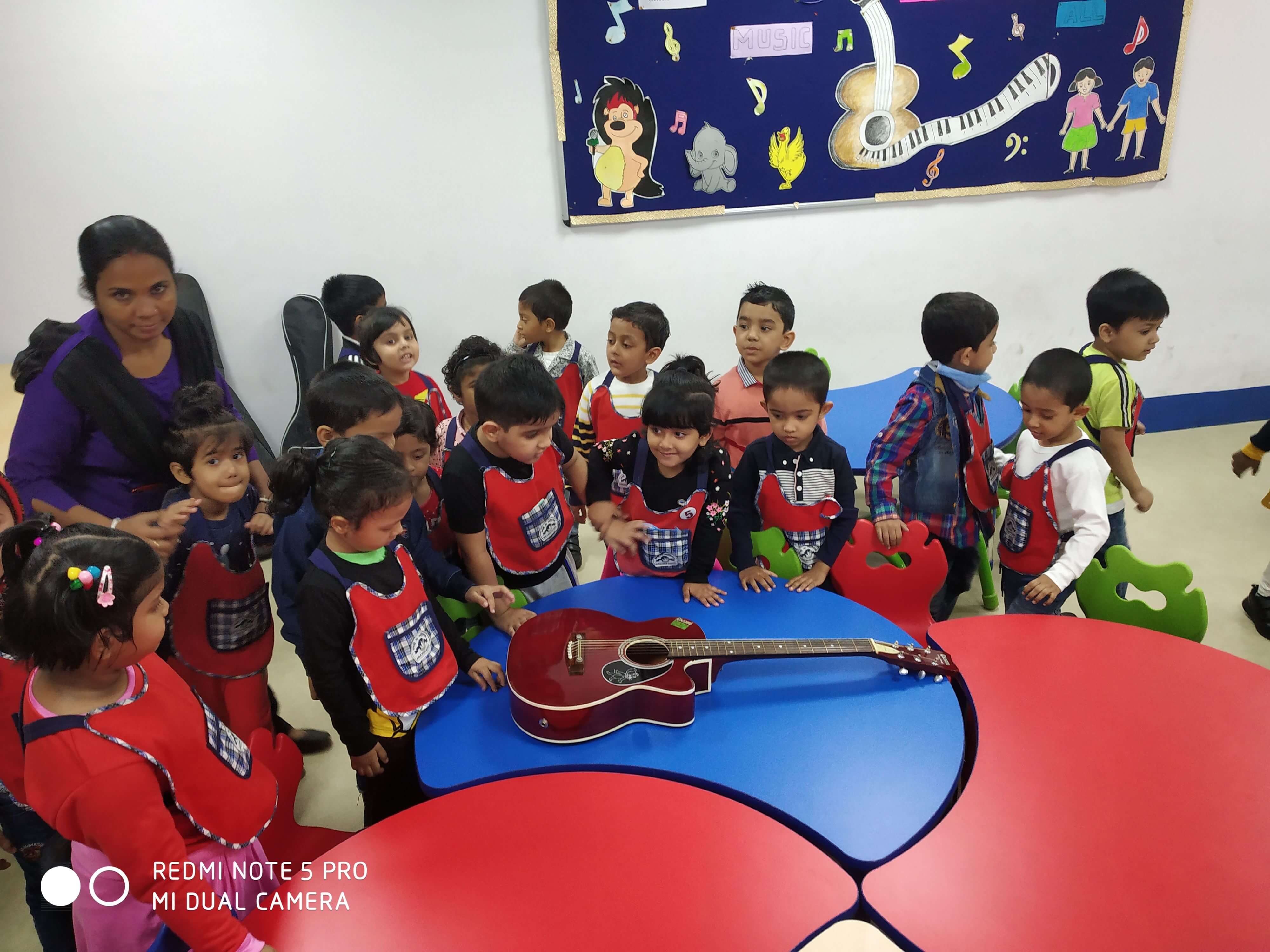5 Strategies for Parents and Children"
Sun 2 Jun 2024 Category : General | Posted By : admin

Introduction:
In today's fast-paced world, academic success is undoubtedly important, but equally crucial is the development of social and emotional skills in children. As parents and educators, we understand the significance of nurturing these skills in our children to help them navigate life's challenges with resilience and empathy. Let's explore five effective strategies for promoting social and emotional learning (SEL) in students, from the perspective of both parents and children.
Foster Open Communication:
Effective communication is the foundation of healthy relationships and emotional well-being. As parents, it's essential to create a supportive environment where children feel comfortable expressing their thoughts, feelings, and concerns. Encourage open dialogue at home by actively listening to your child, validating their emotions, and fostering a sense of trust and understanding. By modelling open communication, parents can help children develop strong communication skills and emotional literacy, laying the groundwork for healthy relationships and self-expression.
Teach Empathy and Perspective-Taking:
Empathy is a vital skill that enables children to understand and connect with others' emotions, perspectives, and experiences. Parents can foster empathy in children by teaching them to recognize and validate others' feelings, practise active listening, and perspective-taking. Encourage children to consider different viewpoints, engage in acts of kindness, and participate in community service projects. By cultivating empathy, parents empower children to build meaningful relationships, resolve conflicts peacefully, and contribute positively to society.
Practice Mindfulness and Self-Regulation:
Mindfulness is a powerful tool for promoting self-awareness, emotional regulation, and stress management in children. Encourage mindfulness practices such as deep breathing exercises, guided imagery, and mindful listening to help children cultivate present-moment awareness and resilience. Teach children to recognize and regulate their emotions by practising self-calming techniques, such as counting to ten or taking a break when feeling overwhelmed. By fostering mindfulness and self-regulation skills, parents empower children to cope effectively with stress, manage their emotions, and make thoughtful decisions.
Nurture Positive Relationships and Social Skills:
Healthy relationships are essential for social and emotional well-being, and parents play a crucial role in helping children develop positive interpersonal skills. Encourage children to build friendships, collaborate with peers, and resolve conflicts constructively. Teach them essential social skills such as active listening, assertiveness, and cooperation through role-playing and modelling positive behaviours. Create opportunities for children to engage in group activities, teamwork, and community involvement to strengthen their social connections and build a sense of belonging.
Encourage Growth Mindset and Resilience:
A growth mindset fosters resilience, perseverance, and a belief in one's ability to learn and grow. Parents can cultivate a growth mindset in children by praising effort and persistence, reframing challenges as opportunities for growth, and celebrating progress and improvement. Encourage children to embrace mistakes as valuable learning experiences and to adopt a positive attitude towards setbacks and failures. By fostering a growth mindset, parents empower children to face challenges with confidence, resilience, and a willingness to learn.
Conclusion:
In conclusion, promoting social and emotional learning in students is essential for their overall well-being and success in life. By fostering open communication, teaching empathy and perspective-taking, practising mindfulness and self-regulation, nurturing positive relationships and social skills, and encouraging a growth mindset and resilience, parents can empower children to thrive academically, emotionally, and socially. Let's embrace these strategies to support our children's social and emotional development and help them become compassionate, resilient, and confident individuals.


